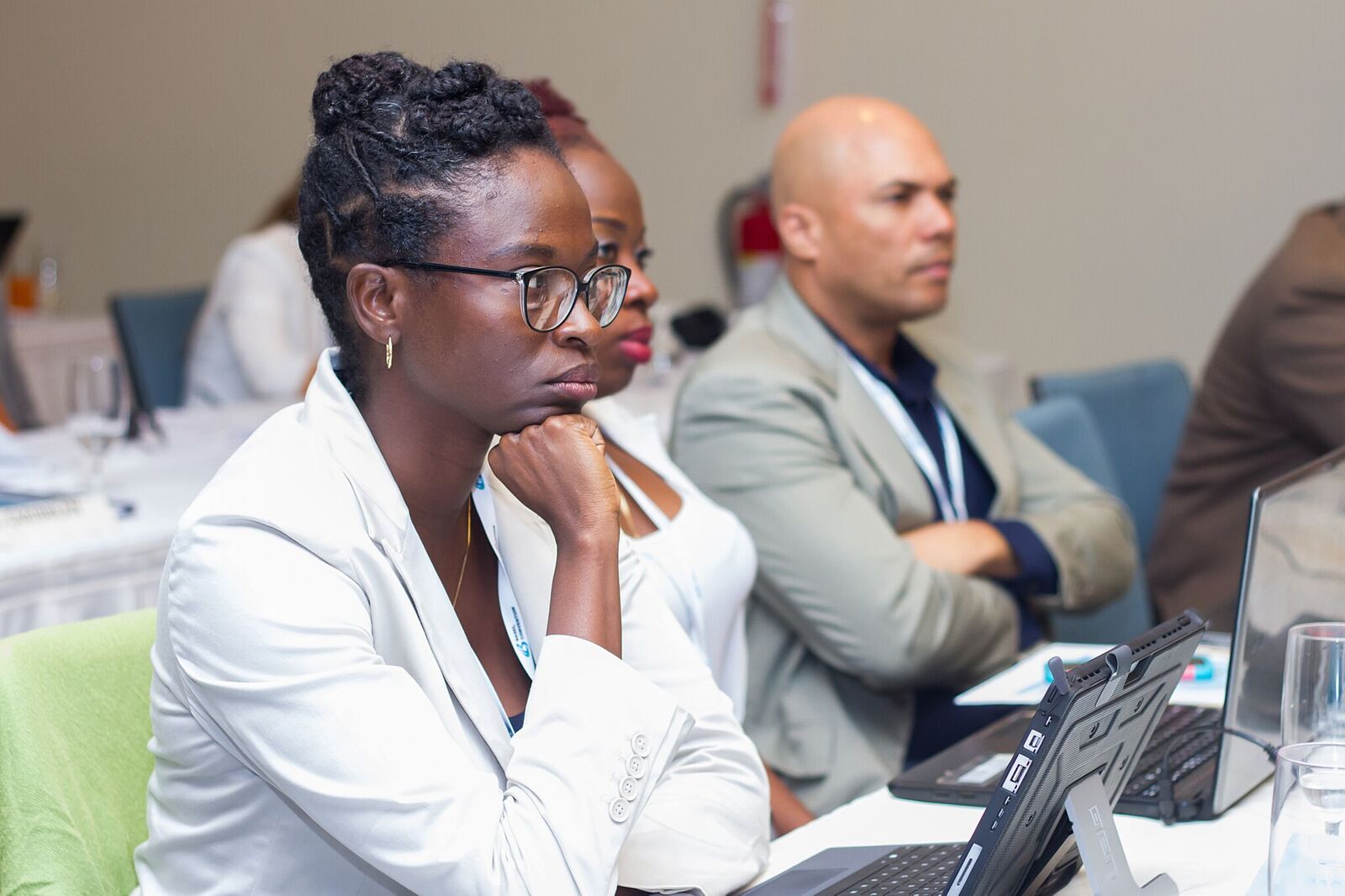Bringing the Minamata Convention to life
News details
In a historic first in the fight to phase out mercury, countries gathered for the first ever Conference of Parties for the Minamata Convention (Minamata COP 1), held in Geneva in September 2017. At this platform, ACP MEAs programme partners and NGO network – the European Environmental Bureau / Zero Mercury Working Group, presented on several different occasions a checklist including steps towards phasing out mercury added products. With the relevant stakeholders gathered, project members from Tanzania and Ghana had the opportunity to discuss their experiences on the issue of reducing mercury in Artisanal and Small-scale Gold Mining (ASGM) during a special session at the ASGM Global Mercury Partnership exhibition booth.
Minamata in the Caribbean
Negotiations training remains a much sought after demand in the Caribbean region to build capacity for negotiations in the waste and hazardous chemicals field.
To respond to such demand, the ACP MEAs programme partnered with the Basel Convention Regional Centre for Training and Technology Transfer for the Caribbean to organize a negotiations training coupled with a sub-regional preparatory meeting ahead of the Minamata COP 1, that took place in Trinidad and Tobago from September 12-14, 2017.
Borne out of a high level of interest in the Minamata Convention in the Caribbean Region, the back to back training and meeting supported specific processes to facilitate the sharing of information and experiences, and especially the synergistic implementation of the targets in the chemicals and wastes cluster.
Moving beyond discussing the issues, a mercury expert from the Zero Mercury Working Group – assisted government officials in developing their own draft country road maps to phase out mercury added products in their country , on the basis of the above mentioned ZMWG checklist.

Participant at the meeting in Trinidad and Tobago. Photo courtesy BCRC-Caribbean.
Log in with your EU Login account to post or comment on the platform.